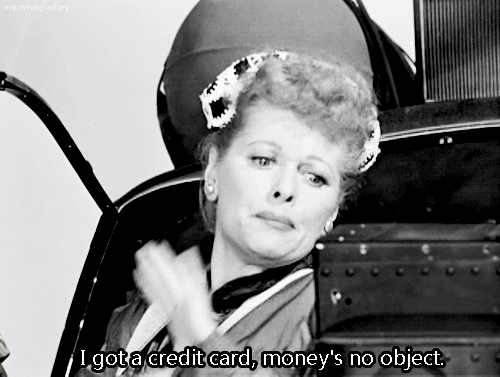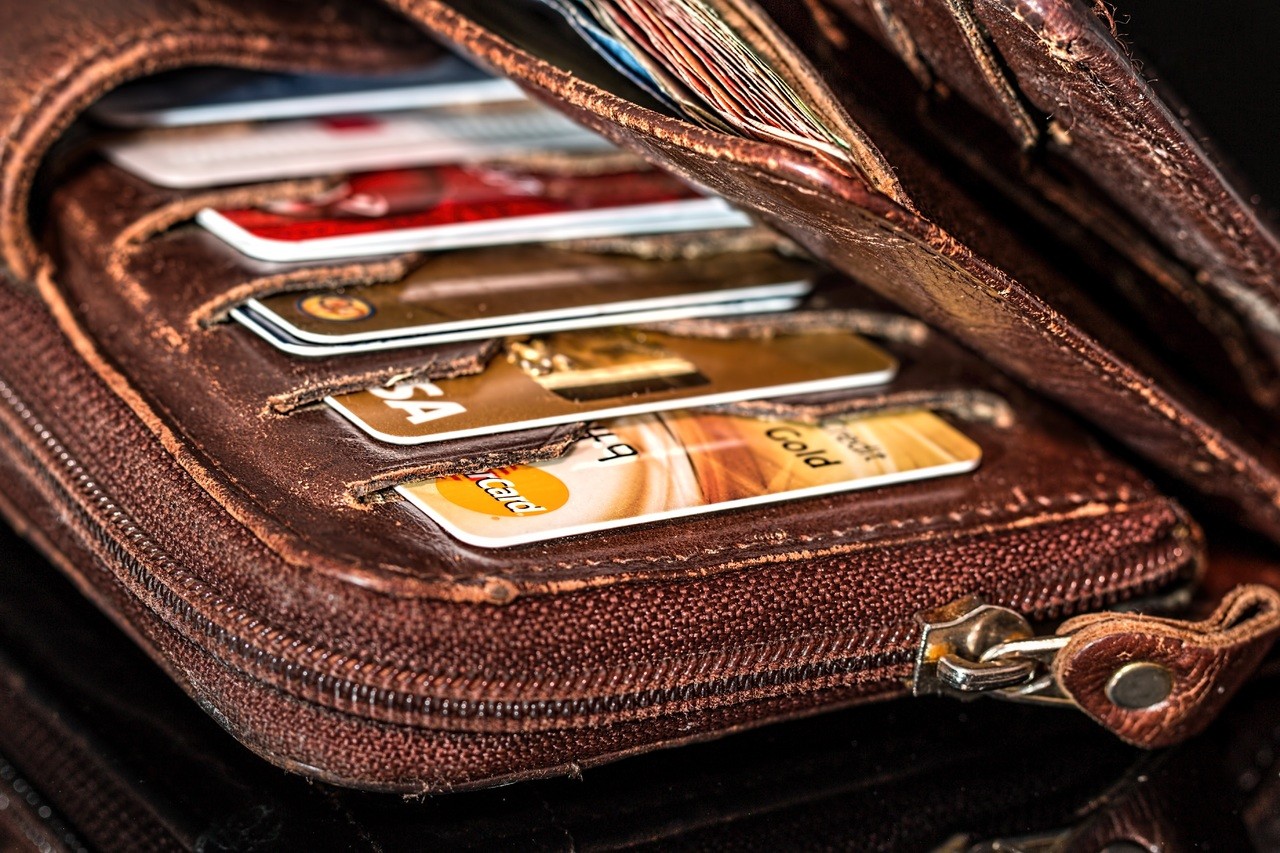Becoming a university student brings a lot of new experiences, and a notable one for a lot of us is getting our first credit card. There are generally two attitudes toward credit cards: either you’re eager to use one, thinking of of all those purchases you can make while building your credit for the future, or you’re nervous because of the risk of debt. Whatever your experience, there are a couple measures you can take to make sure you use your card responsibly and to your benefit.
The basics
A credit card is an agreement between you and your banking institution that allows you to borrow money to make purchases with the promise of repayment. It's not a debit card, which withdraws money automatically from your bank account. You’ll have to monitor your purchases and pay your bill within a 21-day period called a grace period.
Here’s where it gets a little tricky. If you pay your bill within your grace period, it gets paid off immediately, and you’ll start the next month with a clean slate. This is a good habit to maintain and will help you build your credit so it’ll be easier for you to take out loans later in life (such as mortgages).
However, if you don’t pay off your entire bill, the remaining balance on your card will be subject to compound interest, which will keep building until you pay off the entire balance. Depending on the credit card you choose, the interest rate can be astronomically high, and it’ll make it harder for you to pay off your future bills, which can lead to debt. And it's incredibly easy to find yourself deep in debt if you don't pay your full balance.
Luckily, there are a few tips you should keep in mind to ensure you have a debt-free credit card experience.

Pick the right card for you
Before making a decision, it’s a good idea to shop around and compare different banks’ credit card options. Every card has different benefits, and some allow you to collect Air Miles, Aeroplan, and other reward points. Some are specifically geared towards students. Choose one that makes the most sense for your spending tendencies and lifestyle. I recommend looking for low-interest options, but don’t expect these cards to offer many other options. Another thing to watch out for is the annual fees that some cards have, but if you can afford it, these premium cards usually offer exclusive benefits. A great tool to use in your search is ratehub.ca, which allows you to compare credit cards offered by the major banks in Canada.

Only spend what you can afford
This tip might just be the most important step in preventing debt. Before making a purchase on your card, make sure that you absolutely can afford to pay it off when your bill comes in. Don’t gamble on paycheques coming your way within your grace period, because there's always the chance of an unexpected delay or surprise payment you might have to make.
If you’re trying to build your credit, you should keep in mind your utilization rate, which is how much of the available credit limit you’ve used. A safe recommendation is to keep this rate under 30%. If you’re overwhelmed at this point, don’t worry, creating a monthly budget will help you achieve your goals and keep your balances in check.

Avoid unnecessary fees
We’ve all been out and ready to buy something when you see the dreaded “cash only” sign. Although tempting, try to avoid using your credit card at an ATM. You might know by now that every time you withdraw money from an ATM that doesn’t belong to your bank’s network, you’ll have to pay a significant fee, regardless if you’re using debit or credit. But did you know that if you use a credit card at an ATM you’ll have to pay an additional withdrawal charge? Banks call these withdrawals “cash advances,” and are subject to their own interest rate and payment terms. If you really need cash, a better alternative is to pay with debit the next time you go grocery shopping. Most large retailers have a “debit with cash back” option that allows you to withdraw cash without the additional fee.

If you run into trouble, you have options
Things happen. If you find yourself in a tricky situation, don’t panic, because there are always resources available to you. Check out Dal’s Money Matters site for information on everything financial.
